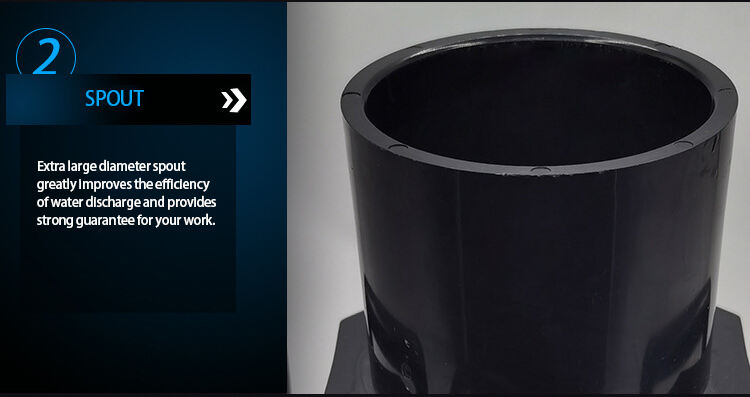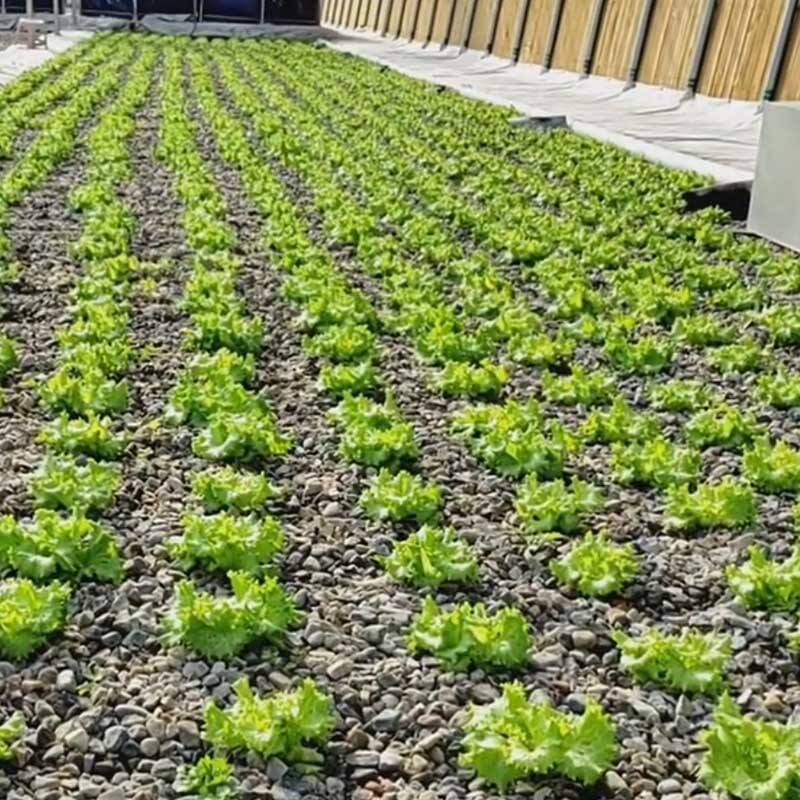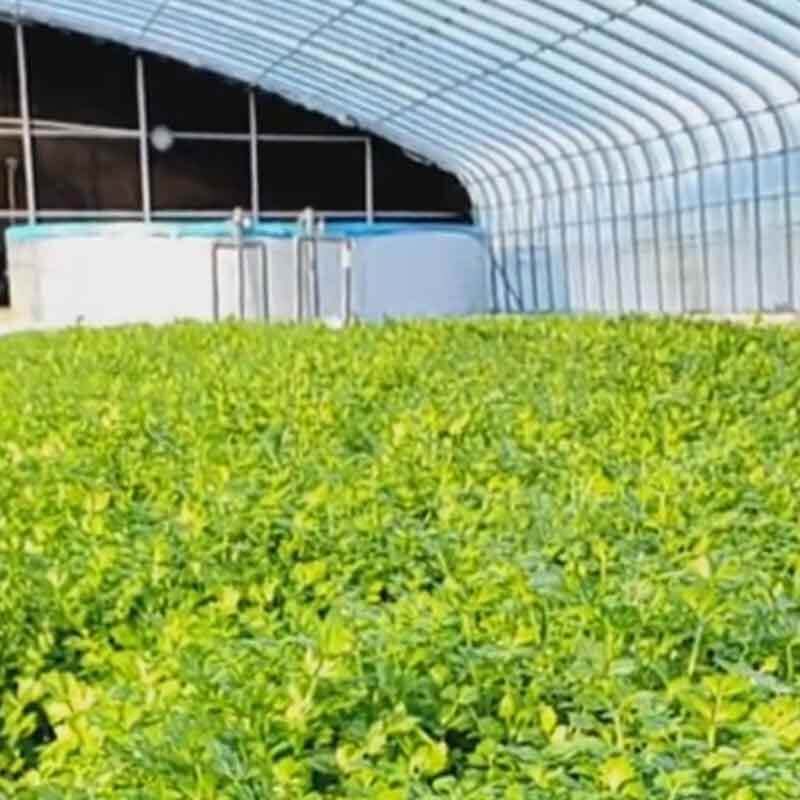 ×
×
Aquaculture is similar to farming, except instead of planting crops in rows, we grow fish and other seafood in water. It allows people to have delicious seafood without overdrawn on the ocean. But at times, aquaculture can be harmful to the environment when it uses excess water or contaminates the water with chemicals. Sustainable aquaculture practices for a greener future; This is the reason.
For example, maintaining the water to keep fish clean naturally is a practice of sustainable aquaculture. Some farms use plants such as seaweed to absorb excess nutrients in the water. It helps keep the fish healthy and cuts down on pollution. There we focus on eco-friendly aquaculture, which means we make use of nature’s resources.
Nature is wonderful! It provides us plenty of resources to improve the environmental sustainability of aquaculture. So, things like using good bacteria that are in the water, rather than using chemicals to keep your fish healthy. These helpful bacteria munch on waste and keep the water clean so that fish can swim happily.
Renewable energy application is another way of using Nature's resources to run aquaculture farms like solar energy. This contributes to less pollution and takes care of the environment for the coming generation. Greening the ocean: Learn how aquaculture practitioners are helping to create a sustainable and eco-friendly aquaculture system by working with nature to promote a sustainable aquaculture system that benefits people while preserving the planet.

As aquaculture, or ‘fish-farming’, becomes more popular to prevent overfishing, in producing seafood, it is important to consider potential environmental impacts. We hope to have plenty of seafood to eat without harming the ocean or its inhabitants. One of these is by using responsible fishing and farming methods to safeguard marine habitats and wildlife.

Many sustainable aquaculture solutions are eco-friendly and environmentally friendly while still providing delicious seafood. One solution is to construct fish farms using recycled materials, such as old shipping containers or used plastic bottles. This also helps to eliminate waste, thus having less impact on the planet.

So many special creatures live in the ocean, and it’s our responsibility to keep their home safe. Practices in sustainable aquaculture will ensure ocean health as it reduces amounts of pollution and maintains water usage while still protecting marine ecosystems. It is through collaborative efforts to develop sustainable solutions that we can ensure the ocean continues to thrive as a vital habitat for all life forms.
We can offer you comprehensive aquaculture plans that covers many aspects like the design of the scheme, configurations for equipment budget planning, equipment installation. It can better help you in the execution of the entire aquaculture venture, which something ordinary businesses cannot provide.
We are specialized in manufacturing of PVC steel pipe supports fish ponds. PVC galvanized plates fish ponds. We offer range of choice for the things of aquaculture systems.
We are certified by ISO9001, ISO22000 and COA. We have delivered our products in 47 countries and constructed 22 large-scale, high-volume projects with more than 3000 cubic meters. Our aquaculture systems are used for the production of shrimps and fish across 112 countries.
We have more than 15 years of experience in production in aquaculture industry. We are among top three companies in Chinese aquaculture industry. We have strategic alliances with number of renowned Chinese Universities, and have surely skilled team high-density system engineers and engineers who are able provide best quality products and services.